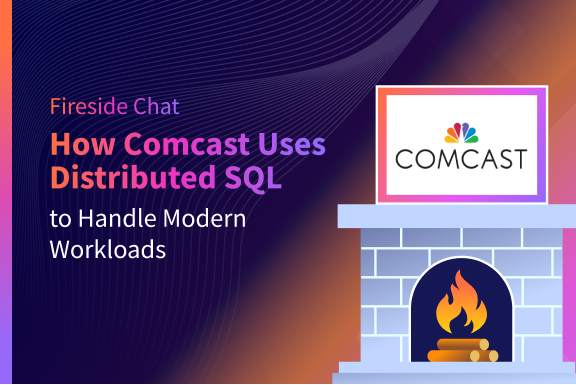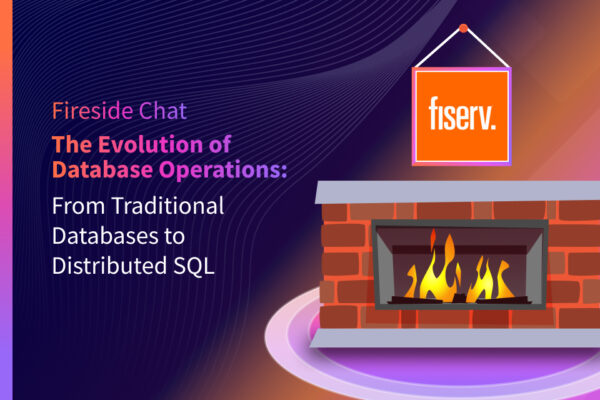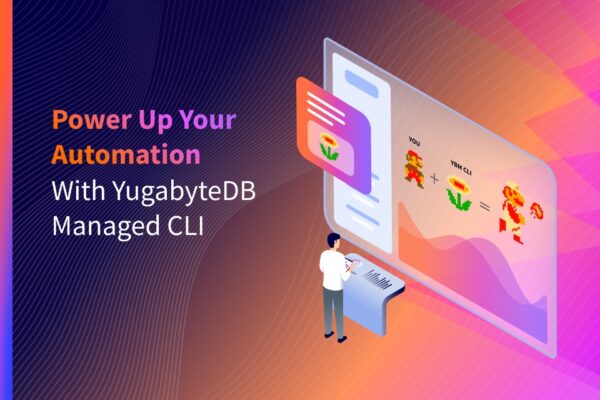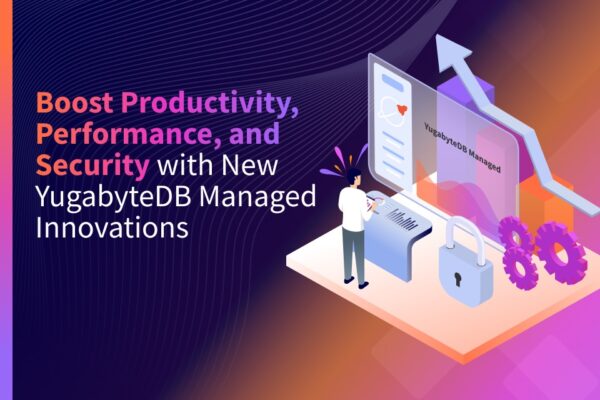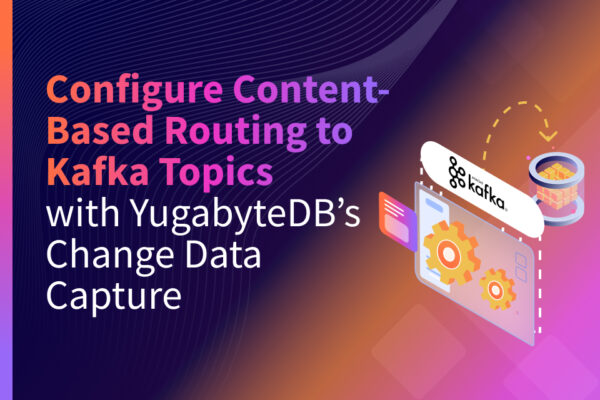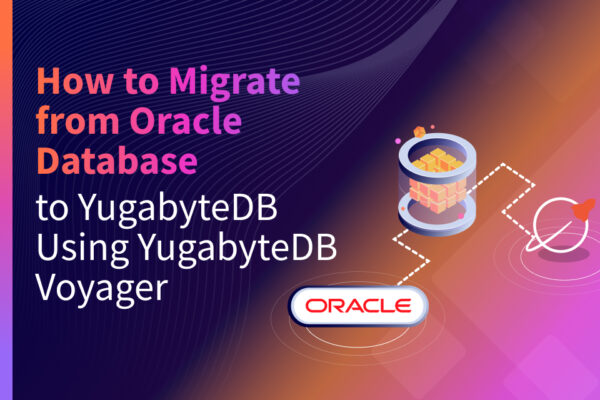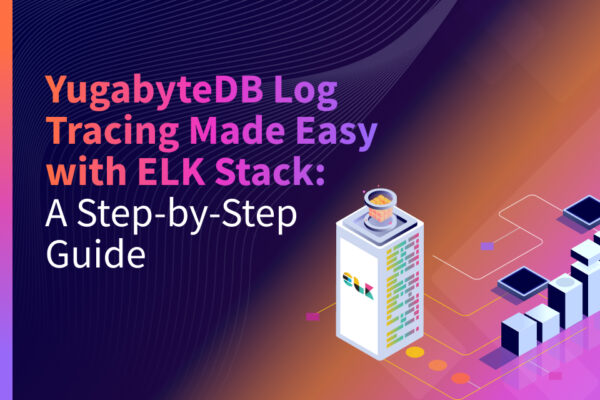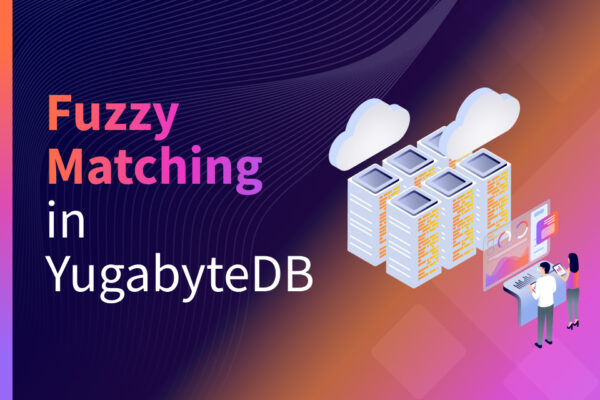How Comcast Uses Distributed SQL to Handle Modern Workloads
In a recent interview, Amit Patel, Principal Architect at Comcast, discussed the challenges of managing global data distribution with legacy databases, and how the company evaluates new technologies like distributed SQL to support modern workloads that align with their business goals and objectives.
